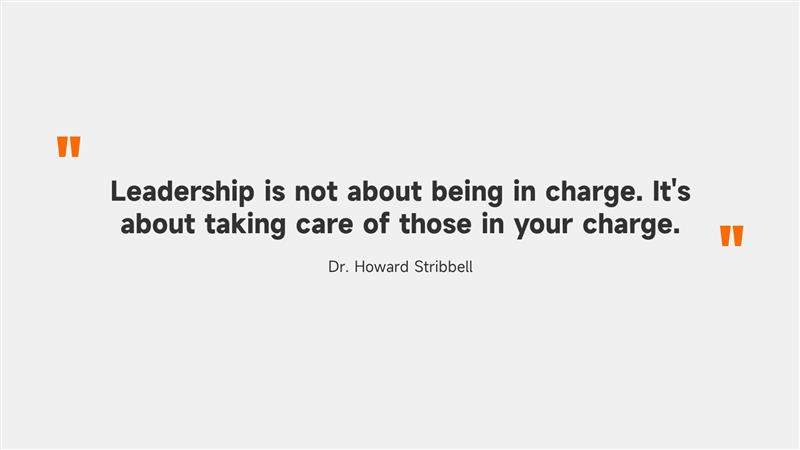Stephen Covey’s Moral Compass and Authentic Leadership
In Chapter 8 of Principle-Centered Leadership, Stephen R. Covey explores the idea of a moral compass—a set of guiding principles rooted in universal truths such as fairness, integrity, service, and human dignity. According to Covey, this compass isn’t a set of rigid rules, but an internal guide that helps leaders make wise, value-aligned decisions even amid uncertainty or pressure.
Covey emphasizes that:
• True leadership must be principle-centered. Power, position, or personality are temporary; principles are timeless.
• A moral compass enables consistency, especially when faced with external pressure, conflicting expectations, or emotionally charged situations.
• Self-awareness and reflection are essential. Leaders must regularly pause and ask: Am I aligned with what truly matters?
• Leaders with a strong moral compass inspire trust. Their consistency and integrity create safe environments where others can thrive.
Core Components of Covey’s Moral Compass:
1. Integrity and Honesty – Speak and act with truth, even when it’s hard.
2. Respect for Human Dignity – Value every person, regardless of role or status.
3. Fairness and Justice – Avoid favoritism; strive for equity.
4. Service and Contribution – Lead with the intent to serve, not to gain.
5. Growth and Renewal – Reflect, learn, and grow from each experience.
Connection to Authentic Leadership
Covey’s moral compass aligns closely with the principles of authentic leadership we’ve explored through Brene Brown’s work on wholeheartedness:
1. Courage & Vulnerability
A moral compass helps leaders speak truthfully, even when it’s uncomfortable—mirroring Brené Brown’s belief that “courage starts with showing up and letting ourselves be seen.”
2. Connection & Empathy
Respecting human dignity and serving others is at the heart of both Covey’s compass and authentic leadership. Empathy isn’t a soft skill—it’s a leadership essential.
3. Consistency Under Pressure
Covey’s compass guides leaders through external expectations and conflict—just as authentic leaders stay grounded in values when facing tough choices.
4. Self-Awareness & Reflection
Both frameworks stress the importance of looking inward. Effective leaders regularly ask themselves:
Am I leading from fear, or from principles?
Am I protecting my image, or showing up as my true self?
Covey’s moral compass doesn’t just help us make “right” decisions—it helps us make authentic ones. When leaders are centered in timeless principles, they create environments of trust, safety, and purpose. They model what it means to lead with integrity and inspire others to do the same.
What principles anchor your leadership?
Are you leading from your compass—or from convenience, pressure, or fear?



